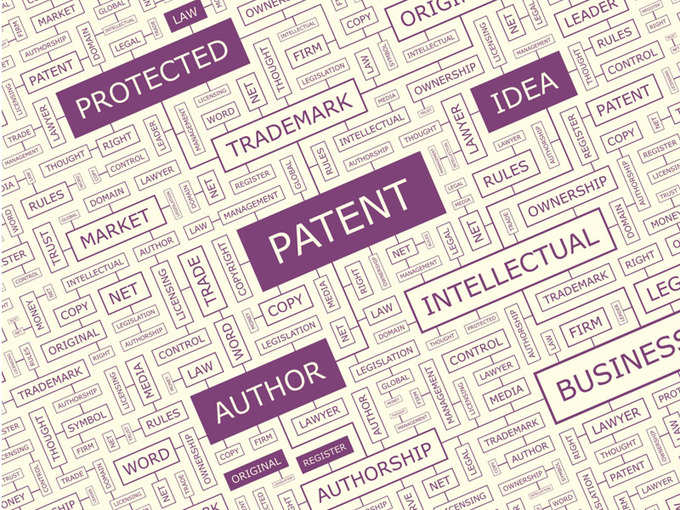 In a knowledge-intense world, science plays a larger role than trade and commerce. But tied with the commercial perspective, science and engineering have undergone a sea change and we are now looking at innovations that offer great business value and mostly focus on enhancing
In a knowledge-intense world, science plays a larger role than trade and commerce. But tied with the commercial perspective, science and engineering have undergone a sea change and we are now looking at innovations that offer great business value and mostly focus on enhancing Intensive research, which started as a pure science activity and a fundamental extension of academic studies, has now taken the backseat. While this has caused enough worries and heartaches within the scientific community that believes in research for research’s sake, the business angle is forcing the fraternity to look at research as an activity that has to be justified and feasible in economic terms. Nowadays, what matters most is applied research, innovated further to ensure end commercial gains and patented to protect its intellectual value from duplication.
According to a recent report by the World
The total number of filings under WIPO stood at 205,300, up 5% from the year before. And, what’s noteworthy is that while
With Obamacare coming into focus this year, the US has come under severe pressure to restrict pharma patents from being used by other countries. As of now, the
Image: ThinkStock
Needless to say, such discord mainly arises from economy-centred issues. Interestingly, the knowledge monopoly of the western countries is slowly fading and traditional knowledge-based countries such as India and China (mostly Asian nations) are vying for the top slot. Although the US remains among the top nations, with knowledge and technology-intensive industries to its credit, including some highly specific energy and pharmaceutical manufacturing, emerging economies are clearly giving it some tough competition.
Emerging economies understand the role science and innovation play in the global marketplace and also in ensuring economic competitiveness. For them, the vision has slowly changed from being body shops to innovators. And ‘trade’ may soon become the next keyword instead of ‘aid.’
While the US remains the single biggest investor in research and development, the annual global research spending in the country has significantly dropped from 37% to 30% in the recent years. That is why the country is slowly training its gun on nations such as India, which are among the biggest PCT consumers. Earlier this year, the US looked all set to announce trade enforcement action against India, as the
One simple reason for this is the stern stance that the Indian judiciary has taken in major cases of patent protection of life-saving
Even in the past, India had played a crucial role and drastically slashed the prices of ARV (antiretroviral) drugs in its war against HIV. This was more than a decade ago and since then, the country has been able to bring down the cost of the drug from $15,000 per patient per year to $60 per patient per year. It was an essential social initiative to keep the incidence of HIV down although India is not one of the highly affected countries. But the initiative has set the path for others. India was able to do this owing to the fact that the country didn’t root for WTO patents protection, which would have posed a hurdle in economising ARV drugs.
India’s role in pharma wars has great implications when it comes to underprivileged people’s access to quality healthcare. Countries like
India, the world’s largest producer and supplier of generic drugs, has often been singled out by the US government and the multinational pharma industry on the grounds of insufficient enforcement of intellectual property protection.
For India, keeping the knowledge free and open for sharing, especially when it comes to saving lives, seems to have become a philosophy by which the country lives. And the rest is for the countries to slug it out in courts.